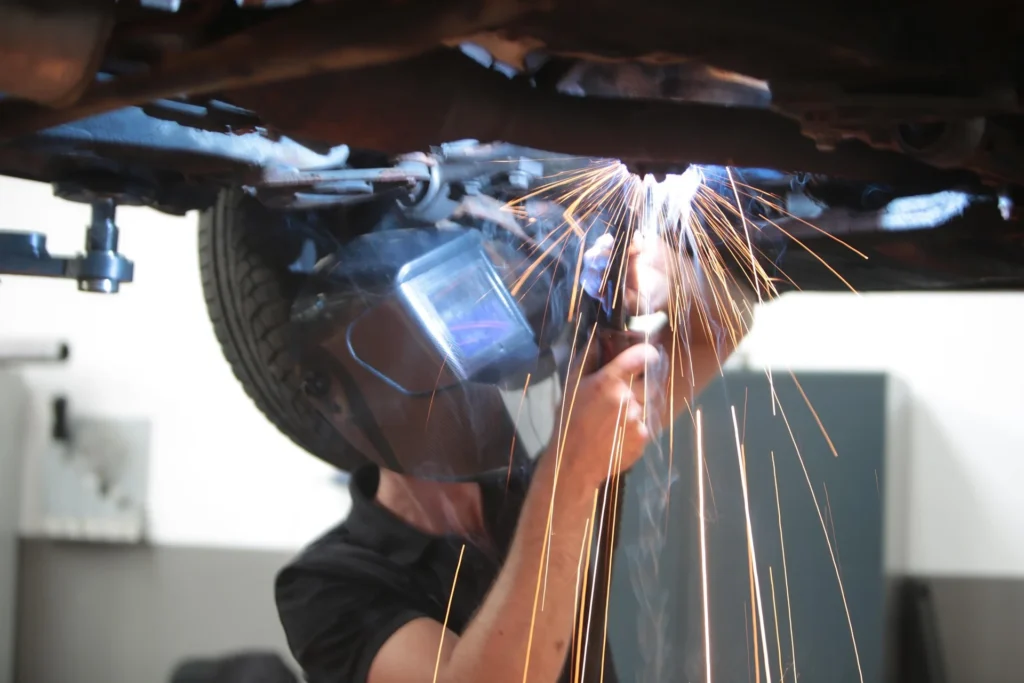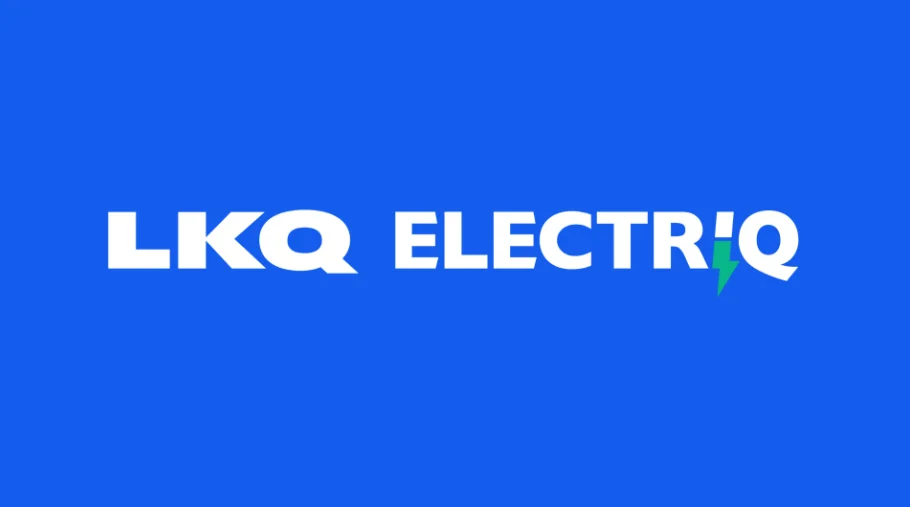[vc_row type=”in_container” full_screen_row_position=”middle” column_margin=”default” scene_position=”center” text_color=”dark” text_align=”left” overlay_strength=”0.3″ shape_divider_position=”bottom” bg_image_animation=”none”][vc_column column_padding=”no-extra-padding” column_padding_position=”all” background_color_opacity=”1″ background_hover_color_opacity=”1″ column_link_target=”_self” column_shadow=”none” column_border_radius=”none” width=”1/1″ tablet_width_inherit=”default” tablet_text_alignment=”default” phone_text_alignment=”default” overlay_strength=”0.3″ column_border_width=”none” column_border_style=”solid” bg_image_animation=”none”][vc_column_text]In the intricate world of pricing models, parallels can often be found in unexpected places. In this thought-provoking opinion piece, NBRA’s board member Wayne Mason-Drust draws a fascinating comparison between the pricing structures of utilities, such as gas and electricity, and the UK accident repair market.
1. Comparing the UK Accident Repair Market to Utilities:
Utilities, like gas, water, and electricity, have two main pricing models: in-contract and out-of-contract. When a consumer enters a contract, they get a pre-determined price for a fixed term. Once this contract expires, if it’s not renewed, the consumer usually defaults to a standard rate which tends to be higher – this is the out-of-contract rate.
Similarly, in the UK accident repair market, there are “in-contract” rates that insurance companies might negotiate with repair shops for a bulk of repairs, ensuring consistent business for the repairer at discounted rates. If a consumer doesn’t use a repairer that has a contract with their insurance company, the pricing defaults to an “out-of-contract” rate.
**2. Role of ABP Retail Price Guide:**
The ABP (Auto Body Professionals) Retail Price Guide serves as a benchmark for these “out-of-contract” retail prices. It’s a bit like a standard tariff in the utilities market. It provides a transparent, industry-recognised rate for services, giving consumers and insurance companies an idea of what to expect if they don’t have a pre-negotiated deal.
**3. Scenario: Insurance Repair Without a Pre-Determined Contract:**
Let’s consider a situation where a consumer has to repair their vehicle post-accident and goes to a repair shop that doesn’t have a pre-negotiated contract with their insurer:
– The repair shop would refer to the ABP Retail Price Guide to determine the cost.
– This is the “out-of-contract” rate, similar to how one would pay standard rates for utilities without a fixed-term contract.
**4. Incentive System for Insurers:**
Repair shops might be willing to offer discounts on these standard rates to attract business or faster process times:
– **24-hour Authority:** If insurance companies can provide faster claim authorisation, it means the repair shop can start work sooner, ensuring smoother workflow and faster turnaround. For this efficiency, the repairer might offer a discount.
– **Faster Settlements:** Similarly, if an insurance company can guarantee faster settlements, the repair shop benefits from improved cash flow. This could motivate them to offer further discounts.
For insurers without an agile system to deal with out of contract deals to take advantage of faster turnarounds and reduced repair costs pay the penalty of more expense.
**Conclusion:**
Just as utilities have standardised rates for consumers out of a fixed-term contract, the UK accident repair market uses the ABP Retail Price Guide to provide consistent pricing for those not covered by pre-negotiated insurance contracts. Repairers can incentivise efficient claim processes by offering discounts, fostering a win-win situation for all parties.[/vc_column_text][/vc_column][/vc_row]




